2024 Givens Fellow
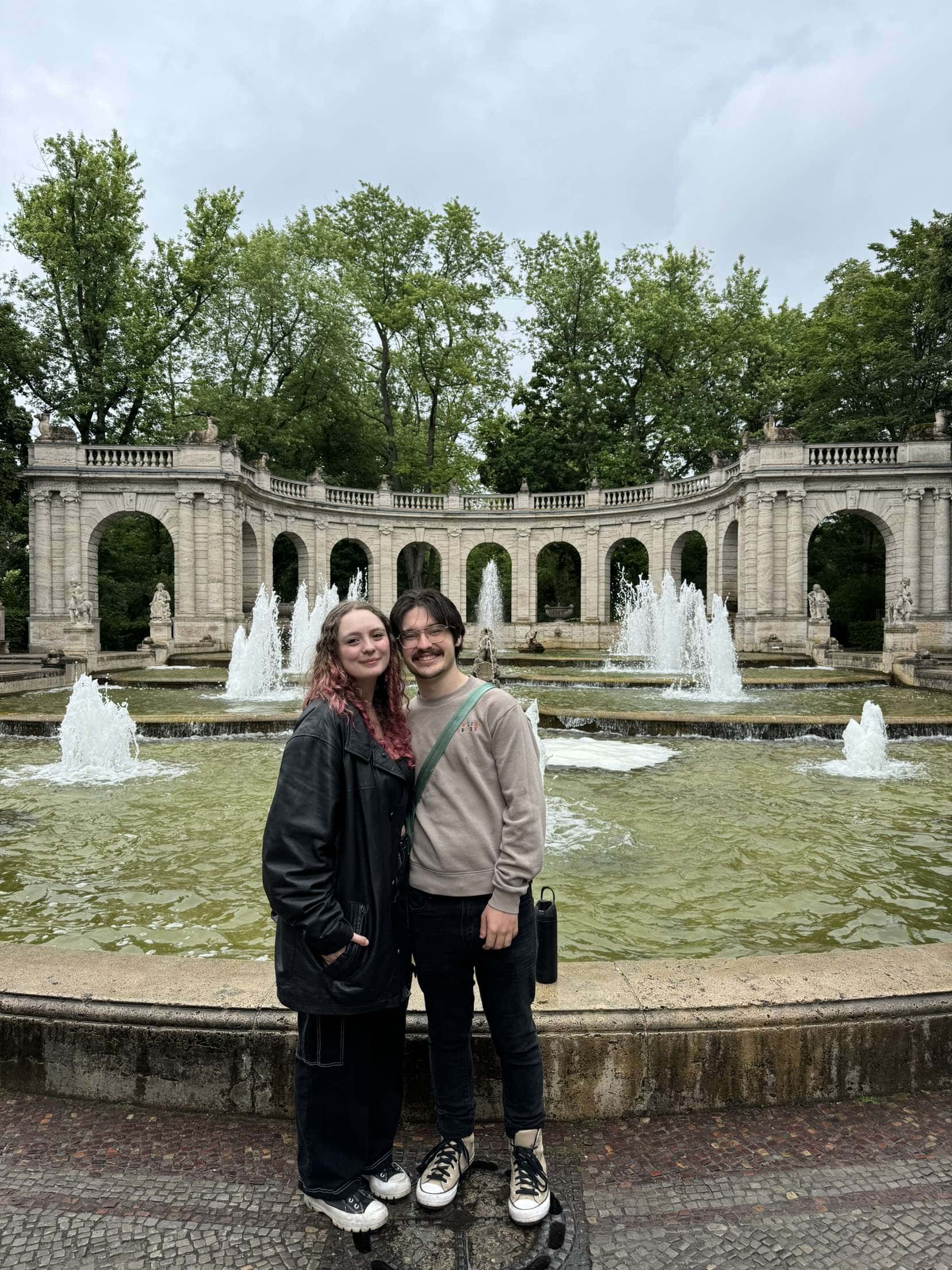
Joshua Lyphout
Connections to Germany
Connections to Germany
Last summer I had the opportunity to go to Berlin, Germany and play in the Berlin Opera Academy’s (BOA) orchestra. I applied for BOA not looking for the experience of visiting Berlin, but for a chance to play more opera; an artform for which performance opportunities are rather limited in the United States. In fact, all three of the programs I applied to for that summer were European opera festivals rather than in-country chamber or orchestral programs that would be expected of most American string players. Instead of spending my summer playing standard symphonic repertoire and working with teachers from American conservatories and universities, I spent eight to ten hours a day for three weeks rehearsing with a small chamber orchestra preparing productions of two different operas. To be perfectly honest, the experience was borderline grueling. With my hour-long commute both ways, up to ten hours of rehearsals, and the daily practice to maintain an expected level of musicianship, this left little to no time to actually experience, learn about, or live in the city.
In the last week of the program, the orchestra’s schedule was pared down to evening dress rehearsals, which gave me the time to explore Berlin, even if only for a few days. I bought tickets to see legendary cellist Sol Gabetta perform with one of the oldest orchestras in the world, the Staatskapelle Berlin, and from the first moments of the concert I knew that this was, by far and beyond, the greatest display of musicianship I had ever experienced. Hearing the best orchestras in the United States has always been a memorable experience—the Cleveland Orchestra, the New York Philharmonic, and the Cincinnati Symphony always offer flawless performances of classic repertoire—but the sound that this German orchestra produced was unlike anything I had heard before. The Staatskappelle Berlin took me on a continuous, uninterrupted emotional journey throughout their entire program that evening.
It wasn’t only the sound that was new to me, however, as the audience was filled with the widest, most diverse range of demographics that I had ever seen at a classical music concert. Every American classical musician is all too aware of the group they are expected to serve: older wealthy donors. The audience at the Staatskappelle, however, was filled with as many 20-35-year-olds in casual clothing as there were wealthy retirees in suits and gowns. Never before had I been in a community of people that so universally cared about supporting not only the artistic field I participate in, but the arts broadly. Berlin alone is home to seven major orchestras, three opera houses, over 170 museums, and countless other cultural institutions that are all heavily funded by the state. When I returned to the United States, I couldn’t help but feel that I had only gotten a taste, a fragment of what I could have potentially consumed. As much as I valued my time in Germany, it was severely limited and left me wanting for more.
THE PROJECT
While playing for the BOA, I had the pleasure of meeting and learning from Berlin-based American cellist Christian Standridge. In the short time I spent working with this teacher, I was introduced to ways of thinking about sound that were new to me; concepts that he would teach me were uniquely German and not often shared in American schools of thought. As foreign as these ideas were to me, however, they nonetheless worked to serve the same primary goal that I have held as a musician throughout my career: to use sound as a tool to tell stories. Before leaving Berlin, Standridge invited me to come back to study with him, should the opportunity arise. With the support of the Stuart R. Givens Memorial fellowship, I hope to return to Germany from June 10 to August 10 for two primary reasons: to properly immerse myself in German cultural traditions inside and outside of music, and to study with the musicians that make German classical musicking unlike anything else in the world.
To truly engross myself in the musical culture of Berlin, I plan to attend as many concerts of as wide of a variety as possible. Thankfully, with classical music being a deeply valued cultural product in Germany, concert tickets are inexpensive and are even heavily discounted for those under 30. For example, Berlin’s flagship ensemble, the Berliner Philharmoniker, regularly has tickets as low as 11€ for main-stage concerts and even regularly holds free chamber music concerts. Beyond attending concerts to develop my own artistic sensibilities for German musicmaking, I will meet and connect with working musicians at various stages in their careers. Being able to establish and maintain a working network is a fundamental skill for young entrepreneurs in any field but is especially vital for myself as an artist looking to develop connections across geographic and cultural barriers. Because of this, my relationship with Christian Standridge will prove most valuable, as he went through the same process as an American expat and has since developed a reputation amongst other musicians in the city as an impressive cellist and pedagogue. Through Standridge, I will have the opportunity to meet and connect with musicians associated with institutions such as the Berliner Philharmoniker and the Karajan Akademie on a professional basis and learn directly from them about the classical music culture of Berlin.
Upon arrival in Berlin, I will continue my studies with Standridge to learn how German musicians approach and execute their craft differently compared to what I am used to as an American cellist. While Standridge is an American cellist who initially studied at an American conservatory, most of his professional career has been in Germany and he has spent years studying with some of the most prominent German teachers of our generation, such as Troels Svane of the Hochschule für Musik Hanns Eisler and Martin Löhr of the Berliner Philharmoniker and the Universität der Künste Berlin. Standridge’s position as a highly successful pedagogue with both American and German training makes him the perfect teacher for me, a student who is seeking to explore both musical cultures. In addition to my studies with Standridge, I intend to register for and perform in two or three masterclasses with German teachers and soloists. A masterclass, in this context, refers to a weeklong event in which a prominent pedagogue or soloist teaches multiple students every day to a public audience, often culminating in recitals at the end of the week. Typically, each student has three or four classes with the teacher, and each class is treated as a public performance of a completed musical work. These classes give the students and audience an opportunity to learn incredibly nuanced elements of the teacher’s craft and artistry and are considered very important not only in growing as a young musician, but also for developing important connections with teachers and peers alike. In my own experience with masterclasses in the United States, they are profoundly influential not only on one’s technical prowess and artistry, but also in the development of important professional skills and resources.
Gaining insight and skill from one aspect of a culture, however, does not equate to a thorough understanding of either the culture or the skill itself. Attending concerts and studying with impressive teachers, while extremely beneficial in my practical study as a cellist, is inadequate in developing true cultural immersion. Culture, while often represented through large-scale festivals, events, and institutions in celebration of what makes a people unique to their neighbors, is, in my opinion, best represented through the normal daily life of a people. Festivals and celebrations are wonderful, and I look forward to Berlin’s Pride Festival and the Kreuzberg-Festival, but the experiences that teach most about German life and culture are much more unassuming: meeting with friends at the neighborhood biergarten, taking the metro to school or work every day, respecting Sundays as a universal day of rest. These seemingly small, inconspicuous, even unimportant moments are what define German culture as truly unique. Through my regular studies with Standridge, additional studies in masterclasses, and exploration of German culture at large, I aim to not only learn more about the deeply nuanced traditions of German cello playing, but grow as a musician, scholar, and person.
RISK MANAGEMENT ASSESSMENT
- General Crime (low risk): As with any major city, Berlin is home to an expected amount of crime. The city is generally considered very safe, with lower crime rates than other major European cities such as Paris or Rome, but there are neighborhoods that are best to be avoided. Pickpocketing and scams in high density tourist areas take up the bulk of the crime in the city with the small amount of violent crime being relegated mostly to poorer neighborhoods such as Leopoldplatz and parts of Kreuzburg.
I will continue to use the same common-sense avoidance practices that I have used since my youth growing up in Toledo (not drawing attention, accepting “help” from strangers, or showing off any expensive merchandise or luggage) while maintaining a high level of awareness of my surroundings. I have already done extensive research on the boroughs that are associated with the most crime and will continue to connect with those I already know in the city to make sure my stay is safe. - Human Error (low risk): While I have some experience travelling internationally, there are always common problems and mistakes to look out for and prepare against. In the event that I lose my passport, I will be bringing a copy of my birth certificate and my passport card to report it lost and have it replaced at the U.S. Embassy in Berlin. To avoid getting lost in a city that spans nearly 1000 square kilometers, I will always keep my phone charged, with a portable charger on hand, with the map of the city downloaded on Google Maps to direct myself home.
The proposed budget exceeds the funds offered by the fellowship with both high estimations of unknown costs, as well as additional costs that will be paid for either by other sources of funding or out of pocket.
| TRANSPORTATION | COSTS |
| Two tickets from Chicago O'Hare International Airport to Berlin/Brandenburg Airport | $1,162 |
| Two tickets from Berlin/Brandenburg Airport to Detroit Metropolitan Wayne County Airport | $1,500 |
| *One ticket for myself and one ticket for my cello | |
| Berlin Public Transit - 2x Monthly VBB-Umweltkarte Subscription Ticket ($77) | $154 |
| Total | $2,816 |
| HOUSING | COST |
| AirBnB rental from June 10-August 10 (average $1,682/month including taxes and fees) | $3,364 |
| Total | $3,364 |
| FOOD | COST |
| Meals estimated at $35 per day | $2,100 |
| Total | $2,100 |
| MISCELLANEOUS | COST |
| Masterclass Tuition/Lesson Fees | $1,500 |
| Travel Insurance | $500 |
| Emergency/Operational Costs | $500 |
| Cultural Immersion (concert tickets, museum admission, etc.) | $300 |
| Total | $2,800 |
| TOTAL EXPENSES | $11,080 |
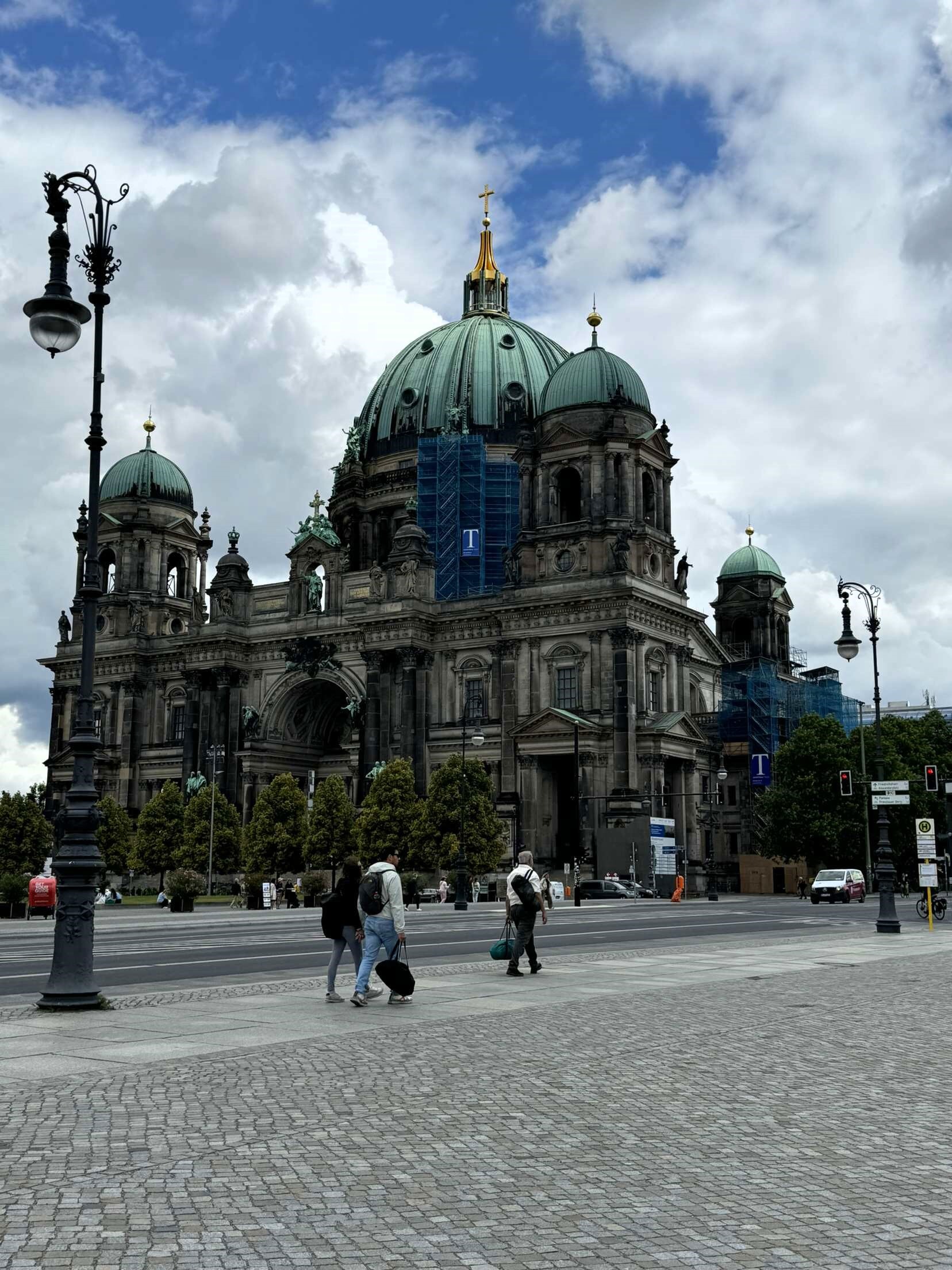
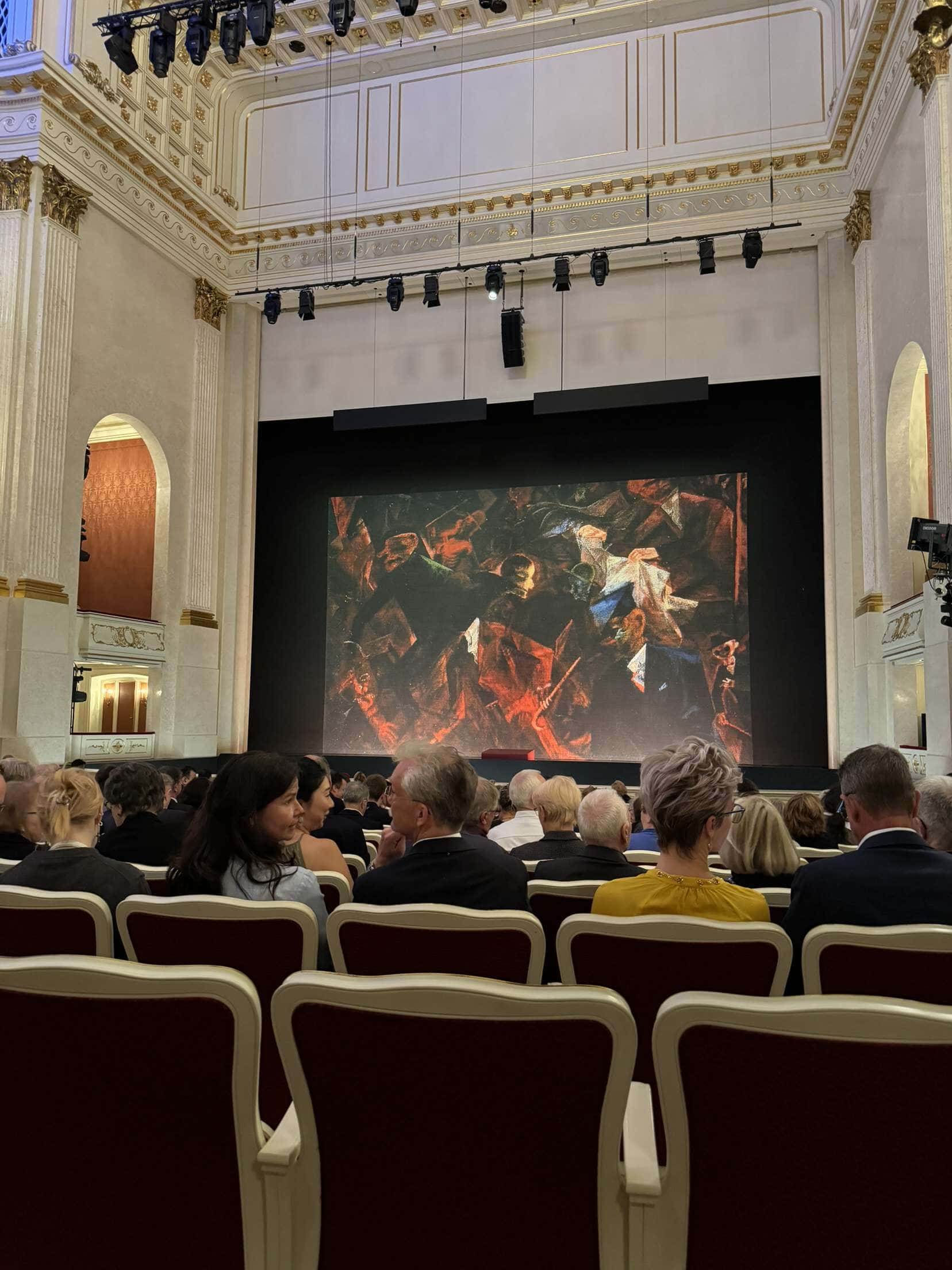
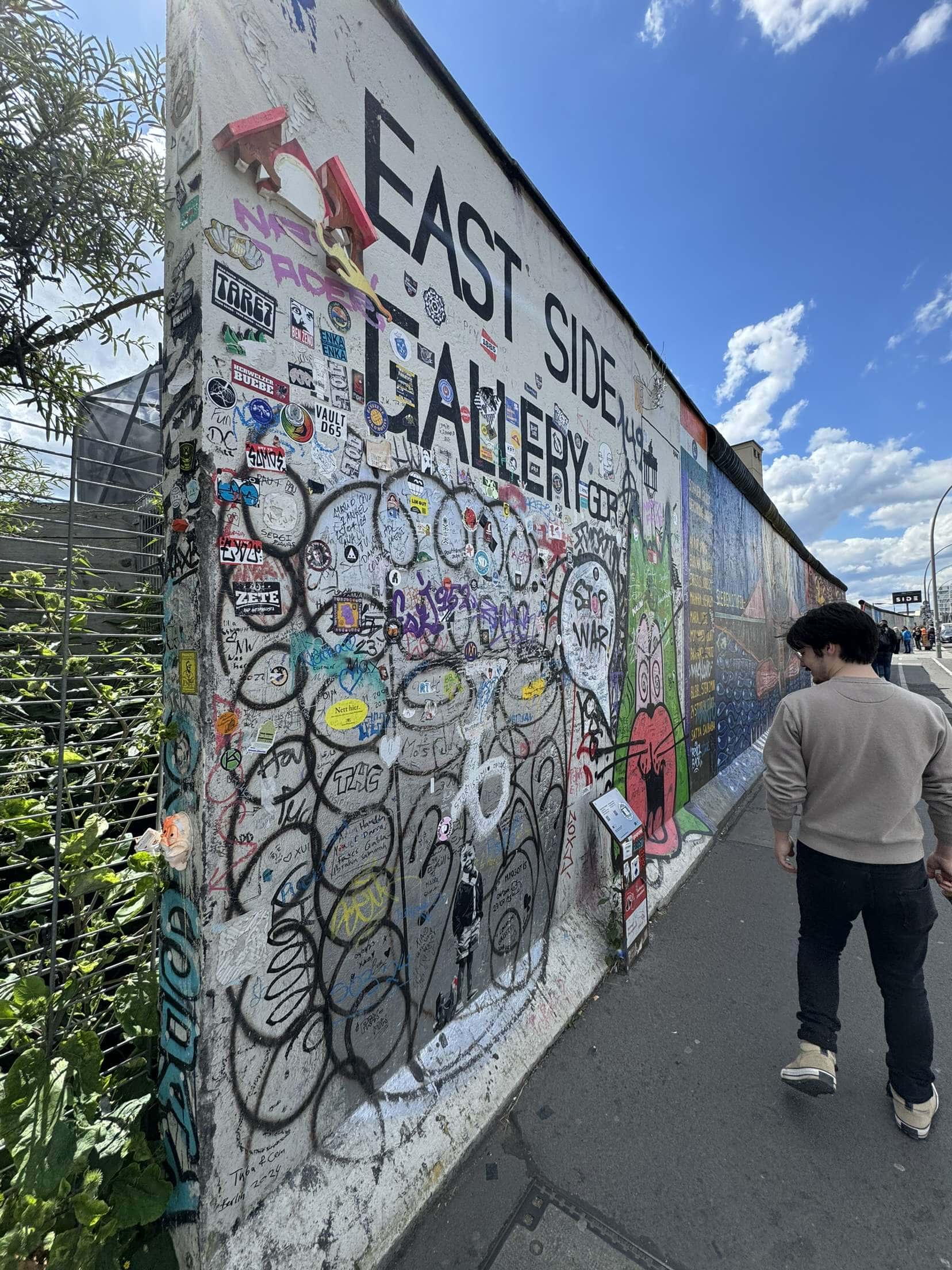
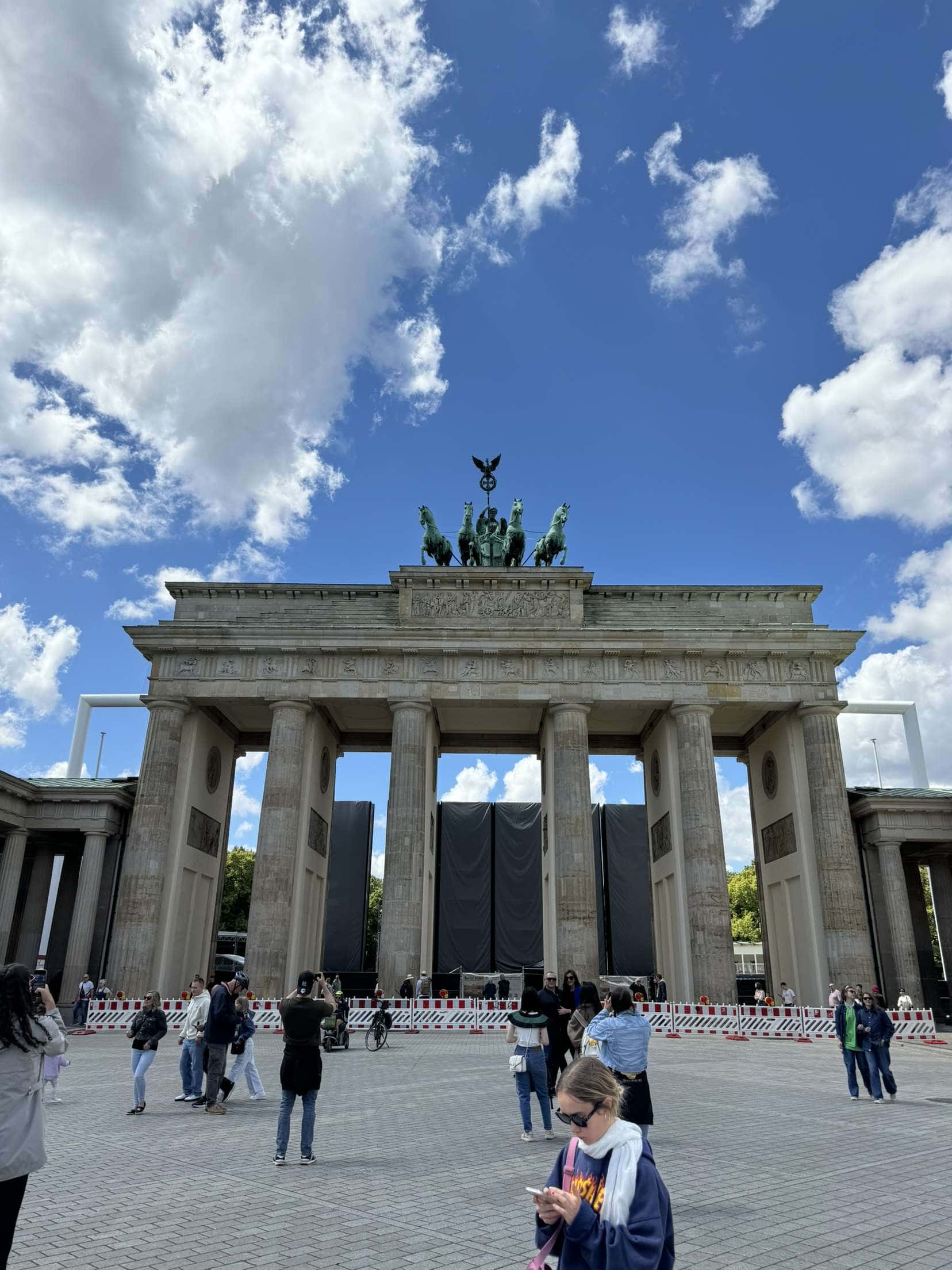

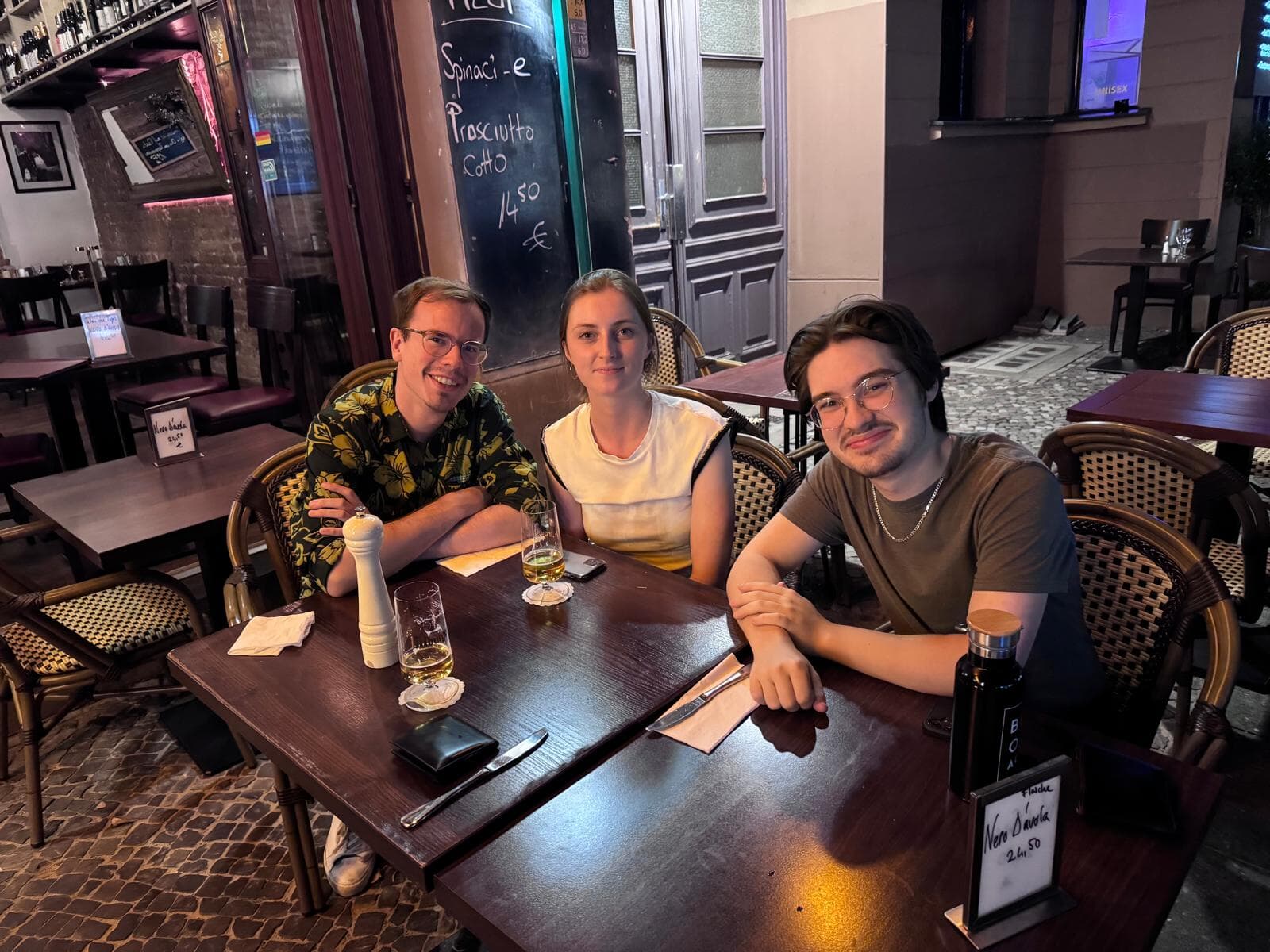
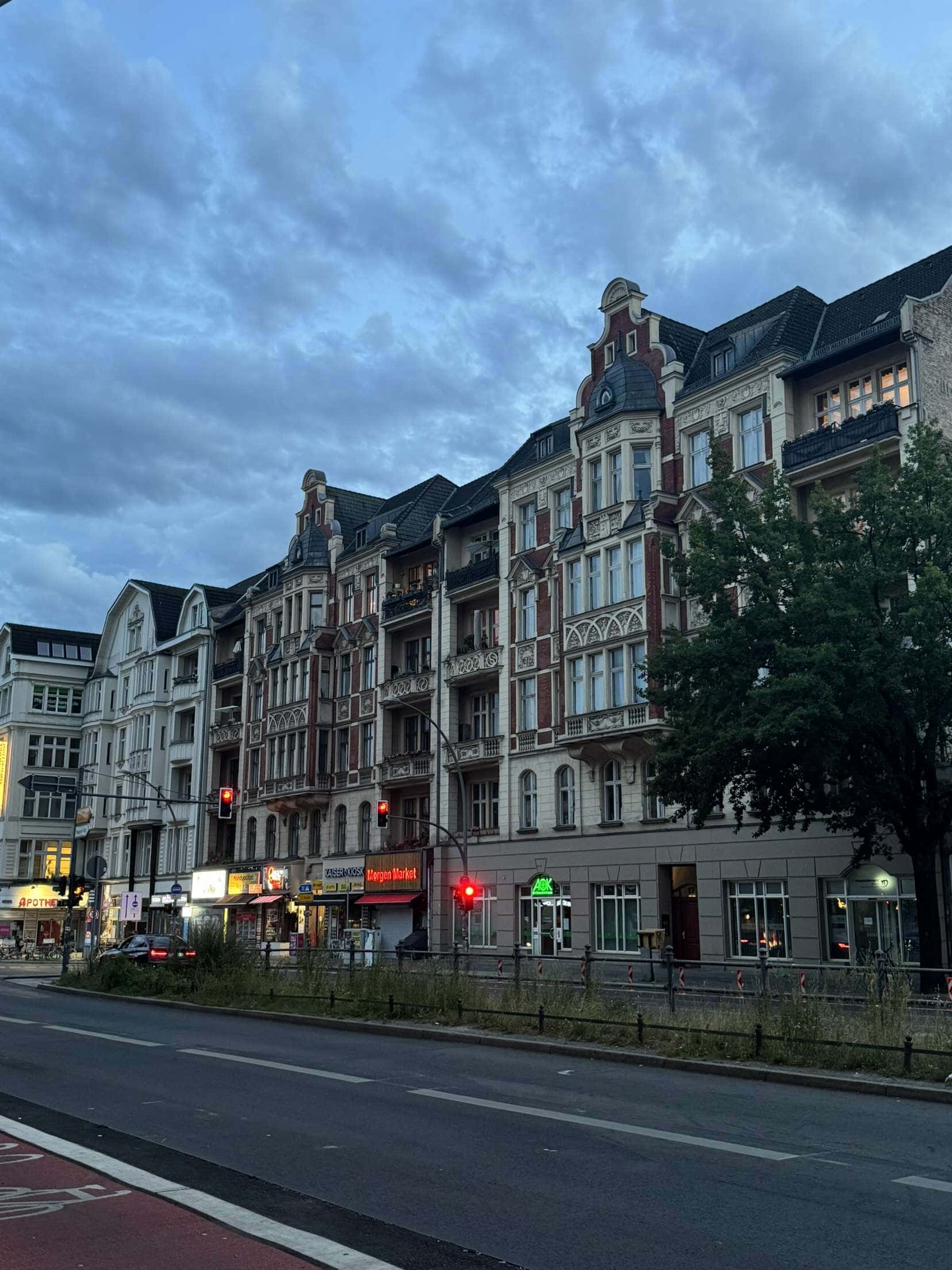
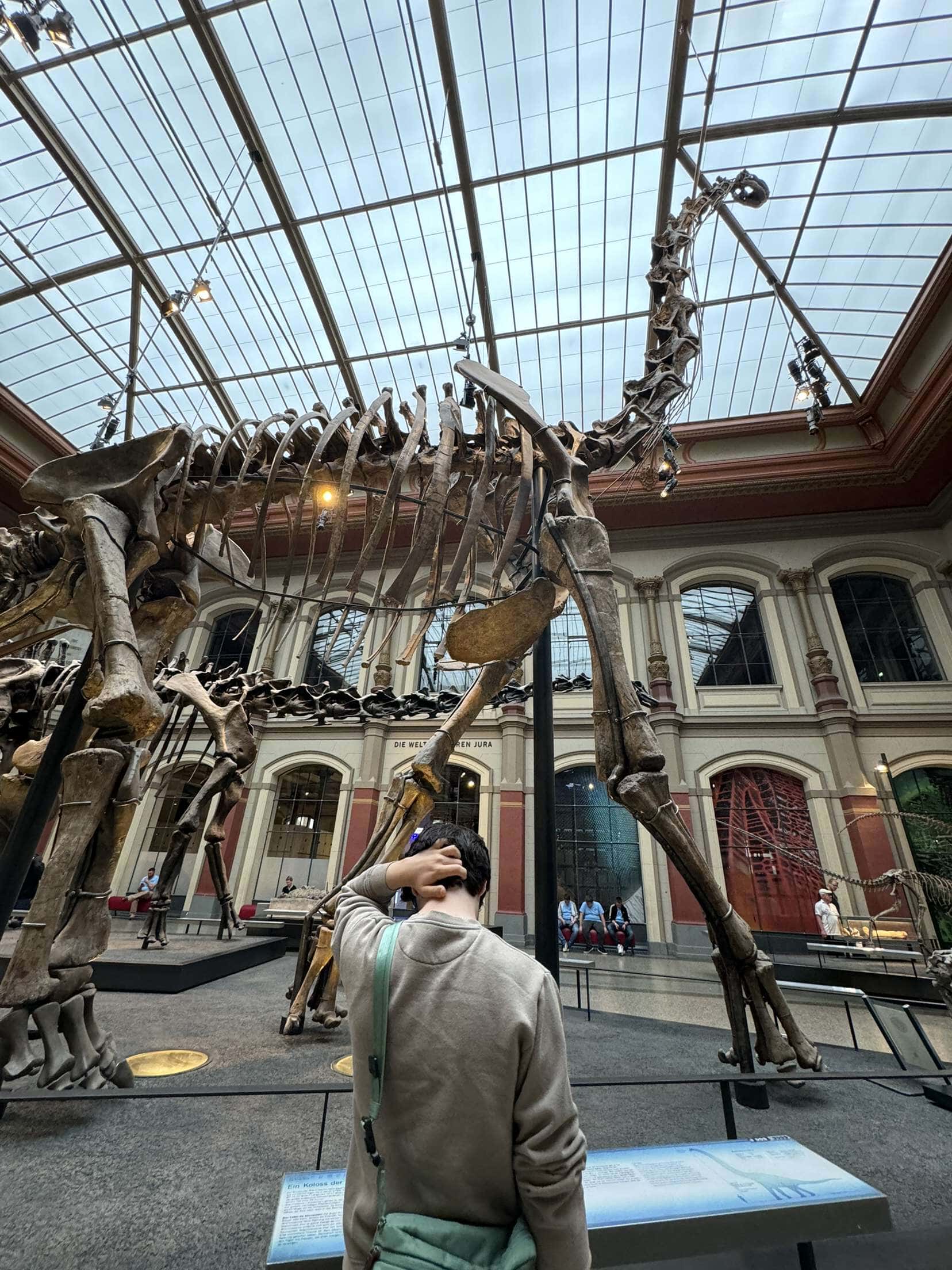
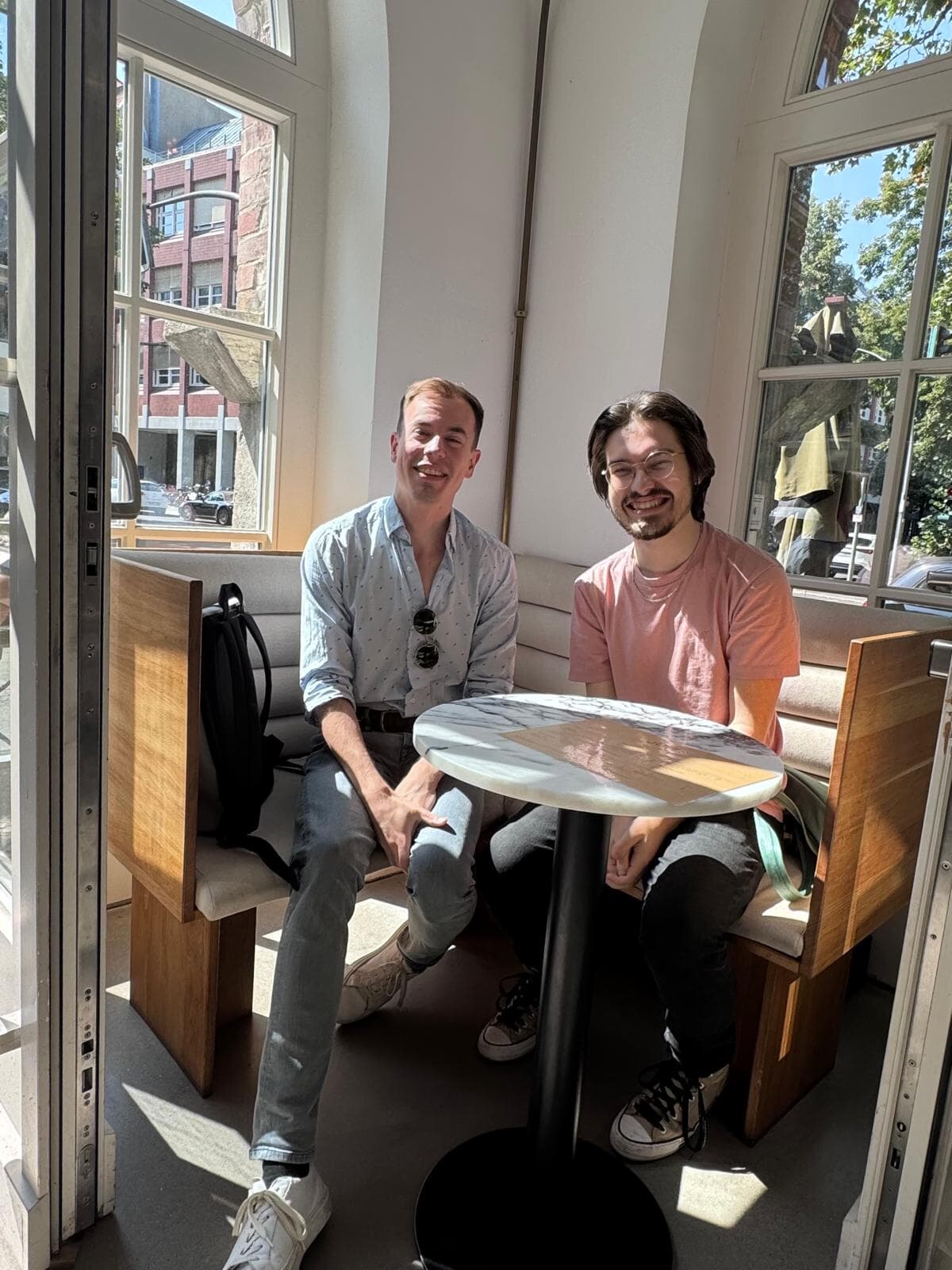
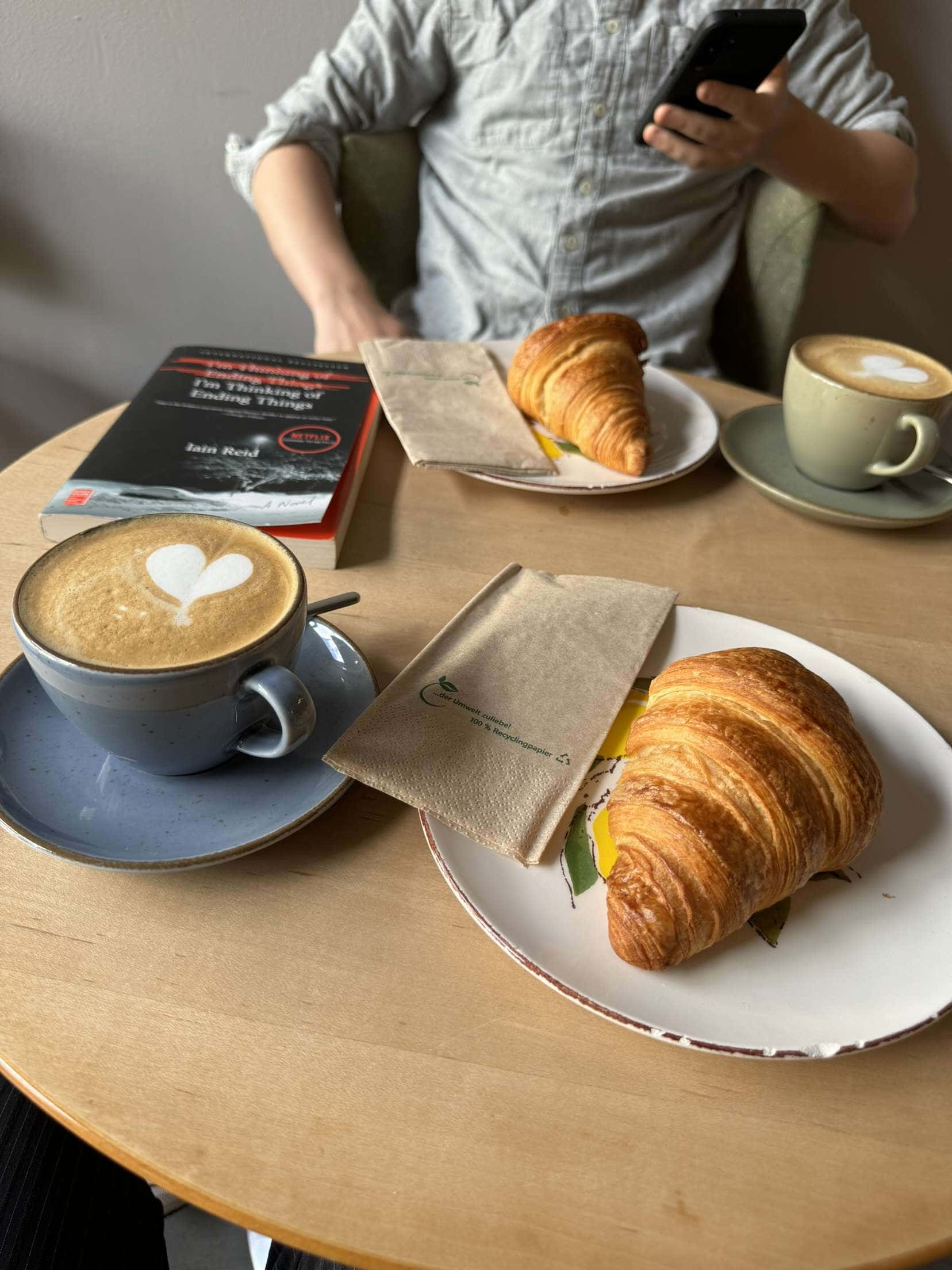
Updated: 01/24/2025 12:08PM
